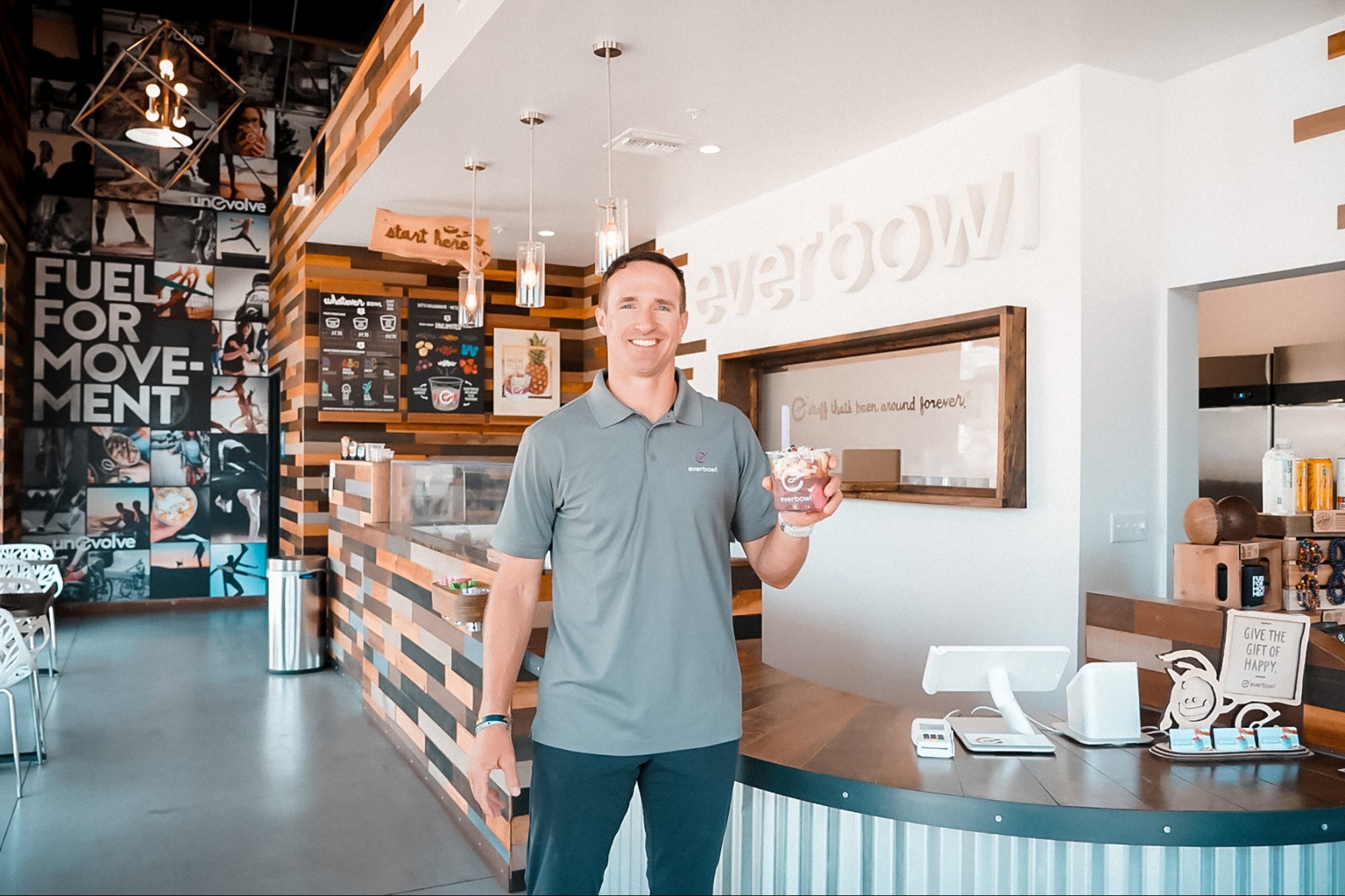Bucking The System Small Business Investment Companies pick up where traditional banks leave off.
Opinions expressed by BIZ Experiences contributors are their own.
When Henrick Coriolan immigrated to the United States from Haitinearly 20 years ago, he came with nothing. Nothing, that is, butthe BIZ Experiencesial spirit and a dream of turning himself into asuccessful businessman. "I came to work, to learn and to be aprofessional," he says.
Today, with a small New York City taxicab fleet and an autoservice center in Brooklyn, New York, Coriolan has achieved successby almost any yardstick. It took a lot of hard work, to be sure.But it also took capital. Coriolan got his, thanks to the federalgovernment's venture capital programs. More important, hisexperience may provide a guide for other BIZ Experiencess looking fora place to go when banks say no.
Coriolan raised funds through a Specialized Small BusinessInvestment Company (SSBIC), which is licensed by the SBA. He couldhave also tapped a plain old Small Business Investment Company(SBIC), also licensed by the SBA. The first "S" in theformer title refers to "specialized" firms thatconcentrate on making funds available to economically disadvantagedpeople. Because Coriolan was an immigrant and an African-American,he qualified under the SSBIC program.
Applied Knowledge
Whether it's an SBIC or SSBIC, there are some importantthings BIZ Experiencess should understand about these capital sourcesbefore applying.
First, many BIZ Experiencess labor under the mistaken impressionthat there is an arm of the government that gives money tobusinesses that can't secure financing from traditionalsources. Are SBICs and SSBICs this elusive Holy Grail? No. In fact,the concept of entitlements, which carries significant weightwithin the federal government at large, is not prevalent in theSBA.
Second, many BIZ Experiencess believe the SBA, through a mechanismsuch as an SBIC or SSBIC, lends money to businesses even if thereis no visible source of repayment. That's not true, either.
Briefly exploring the financial structure of these SBA-licensedinvestment companies shows what kinds of deals they will and willnot do, and what sorts of companies should spend their timepursuing this option.
For example, Freshstart Venture Capital Corp., the New York Cityfirm that loaned money to Coriolan, gets its money from two places.The first is from public and private investors, through whomFreshstart founder Zindel Zelmanovitch raises equity capital. Butthe second, far more substantial source of capital for Freshstartis loans from an SBA trust fund.
Like all SBICs and SSBICs, Freshstart pays interest on the fundsit borrows, meaning it must get involved in deals where it receivesinterest as well. The difference between the interest it pays andthe interest it receives is the source of its money.
Because the interest they pay for obtaining funds can be quitelow, from 4 percent to 7 percent, and the price they charge to lendthose funds can be quite high, from 9 percent to 17 percent, SBICsand SSBICs can be quite profitable. Freshstart, for instance,earned approximately $781,000 on about $1.8 million in interestincome for the 12 months ending November 30, 1997. The company alsopaid its shareholders a dividend of $0.44 per share--not bad for a$6.50 stock.
The only exception to the above scenario is a relatively newwrinkle in which SBICs and SSBICs issue so-called participatingsecurities to the SBA, which in turn permits lenders to deferinterest payments until the underlying investments start togenerate cash or create a windfall in the form of a capital gain.When this happens, the SBA gets not only its interest andprincipal, but a hunk of the investment companies' profits aswell.
What's the idea behind such a structure? According toZelmanovitch, one effect is to encourage or enable investmentcompanies to make investments in earlier-stage companies. A puristmight say you can never get a lender to behave like an equityinvestor because at the end of the day, the participatingsecurities are debt. But participating securities still seem like agood idea, even if they only serve to make lenders more adventurousthan they might otherwise tend to be.
Stellar Candidates
So what kinds of companies should seek financing from SBICs orSSBICs? Generally, says Zelmanovitch, they should be companies withcash flow that can support monthly interest payments and pay off aloan. This tends to eliminate raw start-ups, companies conductingbasic research, and businesses with a new product or service thatis untested in the marketplace.
While the words "venture capital" in Freshstart'sname imply a less risk-averse profile, Zelmanovitch, like allfinanciers, is loath to lose money outright, especially when hisfirm is on the hook for the funds it borrows.
But don't despair. SBA-licensed investment companiesgenerally have much more verve than banks. The reason, according toZelmanovitch, is they tend to specialize in a certain type ofbusiness or industry. "By doing so, firms such as oursrecognize and assign value to collateral that a bank wouldnot," says Zelmanovitch.
Coriolan, for instance, approached Chase Manhattan, Citibank anda credit union for a $350,000 loan package to buy additionalequipment plus the building his auto center was in, and wasrejected by each.
But Zelmanovitch approved Coriolan's $197,000 loan becausehe readily accepted a second position on Coriolan's taxicabmedallions (an emblem that is affixed to the hood of the cabsignifying its license) as collateral, even though Coriolan hadalmost no personal assets. "Banks generally would not considermedallions as collateral," Zelmanovitch says, "butbecause we specialize in financing taxicabs, I understand theirvalue and can back a loan with them." Why? If the loan wentpermanently south, Zelmanovitch could take possession of themedallions and, because of his knowledge of this business, easilyget them resold at market prices to pay off the loan.
The ability to resell an asset at or near its market price isone of the key factors that sets SBA investment companies apartfrom other lenders. For instance, when liquidating a borrower'sassets, commercial banks use a fire sale approach to moveinventory, equipment or real estate at rock-bottom prices. As aresult, when a bank looks to collateralize a loan, it recognizesperhaps only a fraction of an asset's true value.
Follow The Yellow Brick Road
Zelmanovitch says that today there are SBICs and SSBICs thatspecialize in a wide variety of industries, from broadcasting andfranchising to manufacturing, among others. Moreover, thisconcentration leads to a more aggressive lending style and agreater likelihood that the lending firm will venture where bankswill not.
Tracking down SBICs and SSBICs is fairly easy. The NationalAssociation of Investment Companies (NAIC) consists of SSBICs aswell as other investment companies focusing on minorityinvestments. The NAIC does not have a referral service but sellsits directory for $30. You can write to the NAIC at 1111 14th St.N.W., #700, Washington, DC 20005 or call (202) 289-4336.
The National Association of Small Business Investment Companies(NASBIC) is a trade group made up exclusively of SBICs and SSBICs.The NASBIC sells its membership directory for $25. Write to theNASBIC at 666 11th St. N.W., #750, Washington, DC 20001 or call(202) 628-5055.
When you track down an SBIC or SSBIC you're interested inapproaching, there is perhaps one other test you might want to beready for. "We look at every deal on a case-by-casebasis," says Zelmanovitch. "Sure, we look for stability,but we also look the person in the eyes to see if we'll getrepaid."
Contact Sources
Henrick Coriolan, c/o HNV Auto Service Center, 1421 UticaAve., Brooklyn, NY 11203, fax: (718) 629-5379
Freshstart Venture Capital Corp., 313 W. 53rdSt., New York, NY 10019, (212) 265-2249
David R. Evanson, a writer and consultant, is a principal ofFinancial Communications Associates in Ardmore,Pennsylvania.










